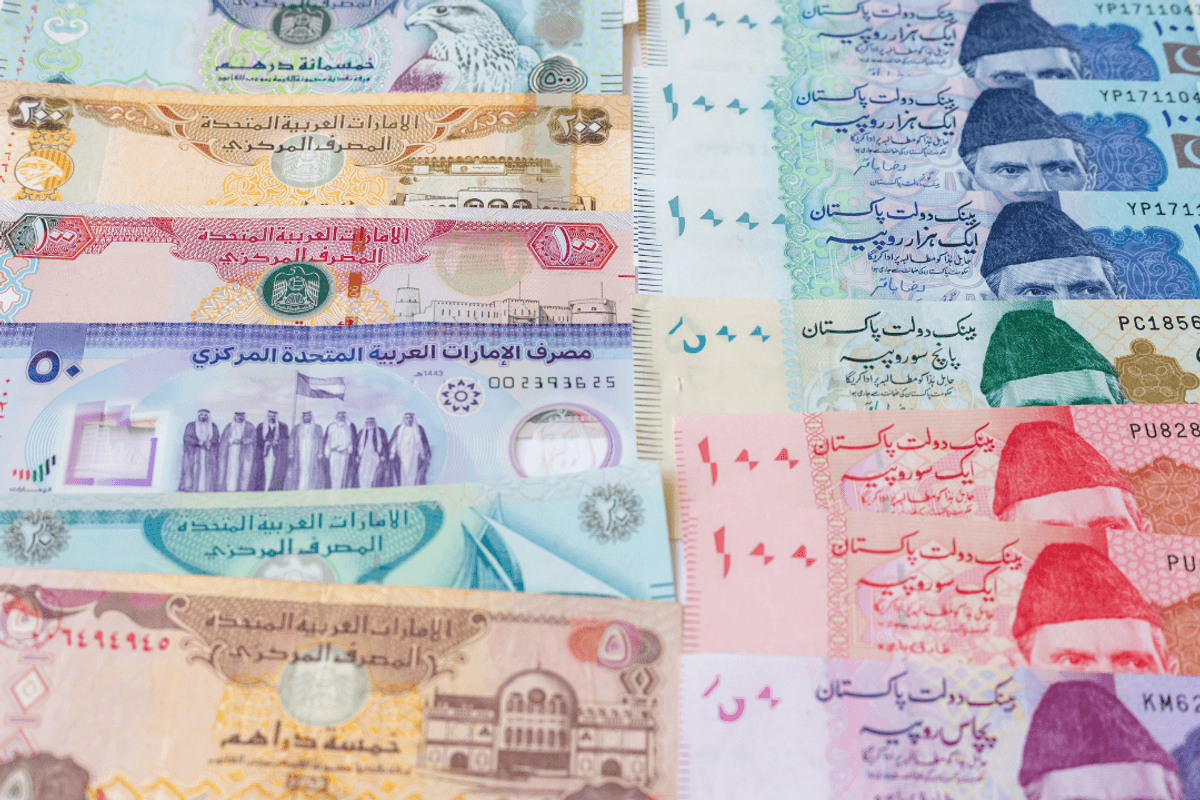PM orders continuation of Pakistan's Remittance Incentive Scheme amid record inflows
Shehbaz Sharif directs urgent release of funds to reward overseas Pakistanis as remittances hit $38.3B
Business Desk
The Business Desk tracks economic trends, market movements, and business developments, offering analysis of both local and global financial news.

Prime Minister Shehbaz Sharif has directed the continuation of Pakistan’s Workers’ Remittances Incentive Scheme, aimed at encouraging overseas Pakistanis to send money home through formal banking channels. The decision comes on the back of record-breaking remittance inflows and their critical contribution to the country’s economic stability.
According to a statement issued by the Prime Minister’s Office on Saturday, the premier has ordered the Ministry of Finance to immediately release funds under the scheme, giving it priority status in recognition of its vital role in supporting the balance of payments.
“In FY25, overseas Pakistanis sent a record $38.3 billion in remittances,” Prime Minister Sharif said, adding that this influx played a pivotal role in generating Pakistan’s first current account surplus in 14 years, helped pay for essential imports, and bolstered foreign exchange reserves.
He acknowledged the efforts of the Pakistani diaspora from all walks of life, ranging from blue-collar workers in the Gulf and Europe to professionals and entrepreneurs in North America and beyond. “Their contributions are invaluable, and we are committed to making the remittance process more efficient, transparent, and rewarding,” the statement quoted the premier as saying.
Country-wise remittance flows in FY25
- Saudi Arabia remained the top source of remittances, contributing $9.6 billion, thanks to a large population of Pakistani workers.
- United Arab Emirates (UAE) followed with $6.8 billion, reflecting strong inflows from Dubai and Abu Dhabi.
- United Kingdom ranked third, with $5.2 billion, driven largely by Pakistani professionals and long-standing diaspora communities.
- United States contributed $4.7 billion, showing consistent year-on-year growth.
- Other significant contributions came from: Qatar: $2.9 billion, Oman: $1.8 billion, Australia: $1.3 billion, Canada: $1.2 billion, European Union countries (combined): $2.4 billion
Formal channels, stronger economy
The Workers’ Remittances Incentive Scheme provides financial incentives to banks and exchange companies that facilitate remittance inflows through official channels. This not only ensures better traceability but also helps the government improve macroeconomic indicators and meet IMF requirements.
“Channelling remittances through the formal financial system reduces reliance on informal methods like hundi or hawala, which remain vulnerable to misuse and lack transparency,” an official from the Ministry of Finance told reportersThe prime minister emphasized the importance of removing barriers and building a more user-friendly remittance ecosystem, particularly through digital tools and mobile platforms, to reach more workers and families.
The decision to sustain and scale up the incentive scheme comes at a time when Pakistan’s foreign exchange reserves have stabilized above $14.4 billion, and the rupee has shown signs of resilience after prolonged pressure.







Comments
See what people are discussing